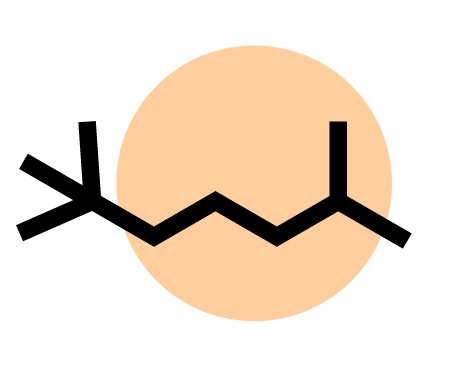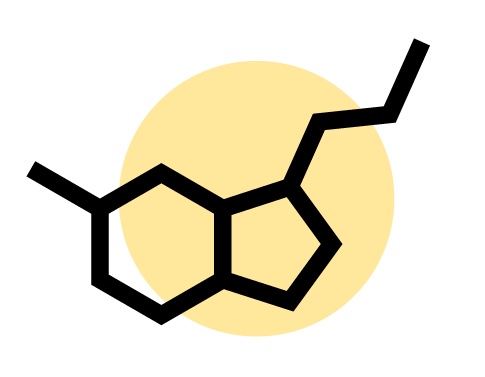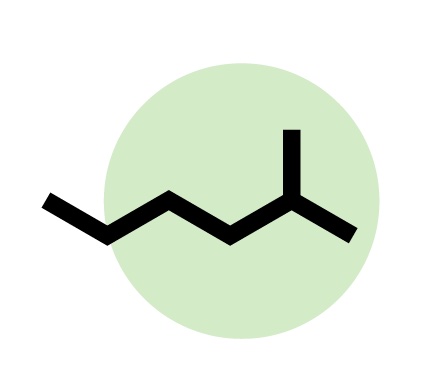Transform your life and achieve your goals with your personal neurotransmitter profile.

Eating nutritious food is vital for the production of neurotransmitters. Amino acids from a diverse and fresh diet serve as the building blocks for these important chemicals.

The ‘Neurotransmitter profile determination according to Braverman’ aims to assess the strength and weakness of the neurobiochemical system. This approach combines knowledge from experiments and observations published globally, scrutinized by leading neuroscientists, and confirmed in clinical settings. Neurotransmitters are signaling substances that transmit nerve impulses in the nervous system between nerve cells, motor nerve cells and muscle cells, or sensory nerve cells via synapses. Some neurotransmitters stimulate nerve cell activity, while others can inhibit it.
The human body relies on organs, systems, and behaviors such as thinking, speaking, and moving. Our neurotransmitters regulate these functions and determine how we feel and act. Our diet and nutritional supplements can affect the neurotransmitter systems, with acetylcholine, dopamine, GABA, and serotonin as the main ones. Nutritional advice, exercise, and supplements can help us selectively influence these neurotransmitters. Receive personal advice for your own profile.
Fatigue, procrastination and loss of motivation are hallmarks of low dopamine levels. Low acetylcholine values lead to slower thinking, forgetfulness. Low GABA levels result in stress sensitivity, worry, and loss of structure. Serotonin deficiency can cause sleep problems, mood swings and increased stress.
The test shows levels of dopamine, acetylcholine, GABA, and serotonin in your body. Dopamine and acetylcholine act as the accelerator in your brain and nerves. Having higher dopamine levels makes you feel calmer and more confident, allowing you to respond well to stress and perform in any situation without delay.
Acetylcholine accelerates focus for drawing, conversation, or learning from a book. Its impact determines concentration for achieving results. GABA (gamma amino butyric acid) provides balance, processes stimuli, and promotes uninterrupted sleep.
Serotonin regulates your rhythm and ensures recovery, but getting out of sync (e.g. staying awake for 24 hours or experiencing stress) can have a negative effect on mood. Low serotonin levels can lead to fatigue, procrastination and loss of motivation. Similarly, low levels of acetylcholine result in slower thinking and forgetfulness, while low levels of GABA can cause sensitivity to stress, worry and loss of structure. Low serotonin levels can also cause sleep problems, mood swings and increased flammability.

Dopamine boosts your energy and focus, giving you decisiveness and renewed confidence.

Acetylcholine enhances intuition, creativity, and memory. Sensitivity is balanced.

Serotonin makes you more cheerful and flexible, allowing you to enjoy life more.

Gaba reduces anxiety and stress sensitivity while also improving stimulus processing and order tidiness.
The first part of the Braverman Test determines your 4 primary neurotransmitters’ power. The second part identifies deficits within your neuro-biochemical profile.
The answers reflect patterns associated with major neurotransmitters, offering insight into your recovery and performance capacity.

Each neurotransmitter profile has unique characteristics. Restoring weakened profiles strengthens your foundation. Here are summaries of major neurotransmitter power and complaints.

Brain Energy, Alertness, Concentration, Motivation, Focus, Willpower, Decisiveness, Decisiveness, Confidence.
Low brain energy, Low alertness, Low concentration, Listless, Easily distracted, Low perseverance, Procrastination, Difficulty with decisions, Quickly emotional.

Processing speed (input), Reaction speed (output), Creativity, Quick understanding, Sensory perception, Curious, Automatic actions, Empathy, Learning ability.
Slow processing speed (input), Slow reaction speed (output), Low creativity, Slow comprehension, Impaired sensory perception, Disinterested, Slow Automatic actions, Low empathic ability, Low learning ability.

Resilient, Flexibility (emotional/cognitive), Positive attitude to life, Solution-oriented, Strong under pressure, Emotionally balanced, Adaptability, Outward-oriented, Sleep and intestinal transport.
Tension-prone, Overprotective – compulsive, Depressed feelings, Black and white thinking, Panic-prone – anxious, Mood swings, Difficulty with change, Inward-looking, Sleeping and/or bowel problems.

Stress Management, Stimulation Processing, Calmness, Structured, Self-Control, Solid, Patient, Hardworking, Resilient.
High stress sensitivity, High stimulus sensitivity, Uncontrolled thinking, Loss of control, Easily distracted, Risk taking, Impatient, Inactive, Slow recovery.
